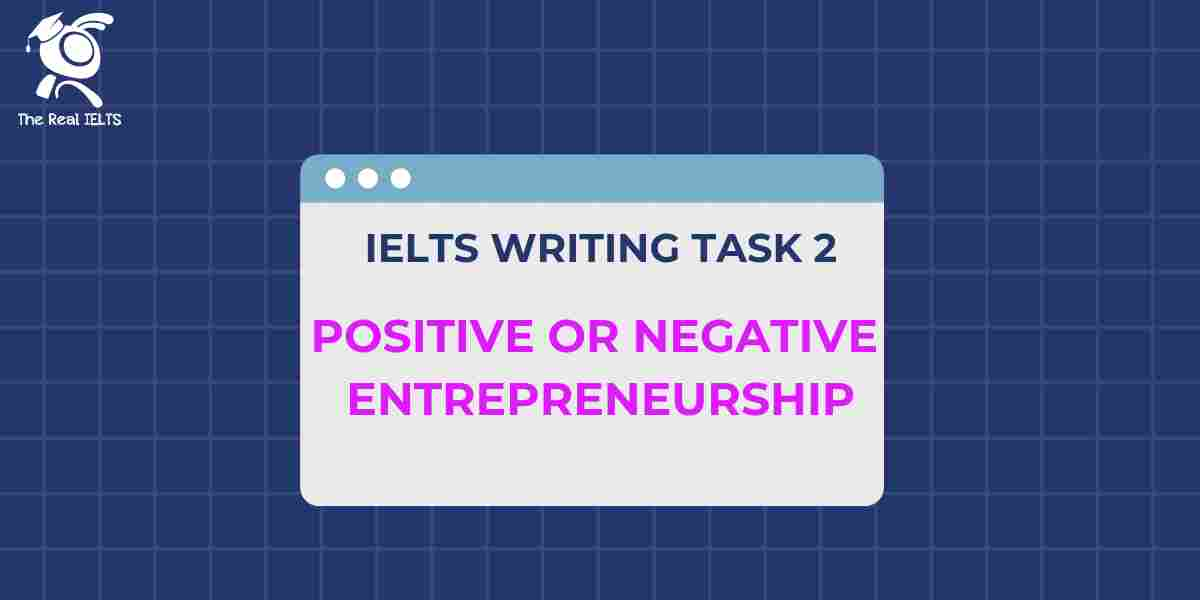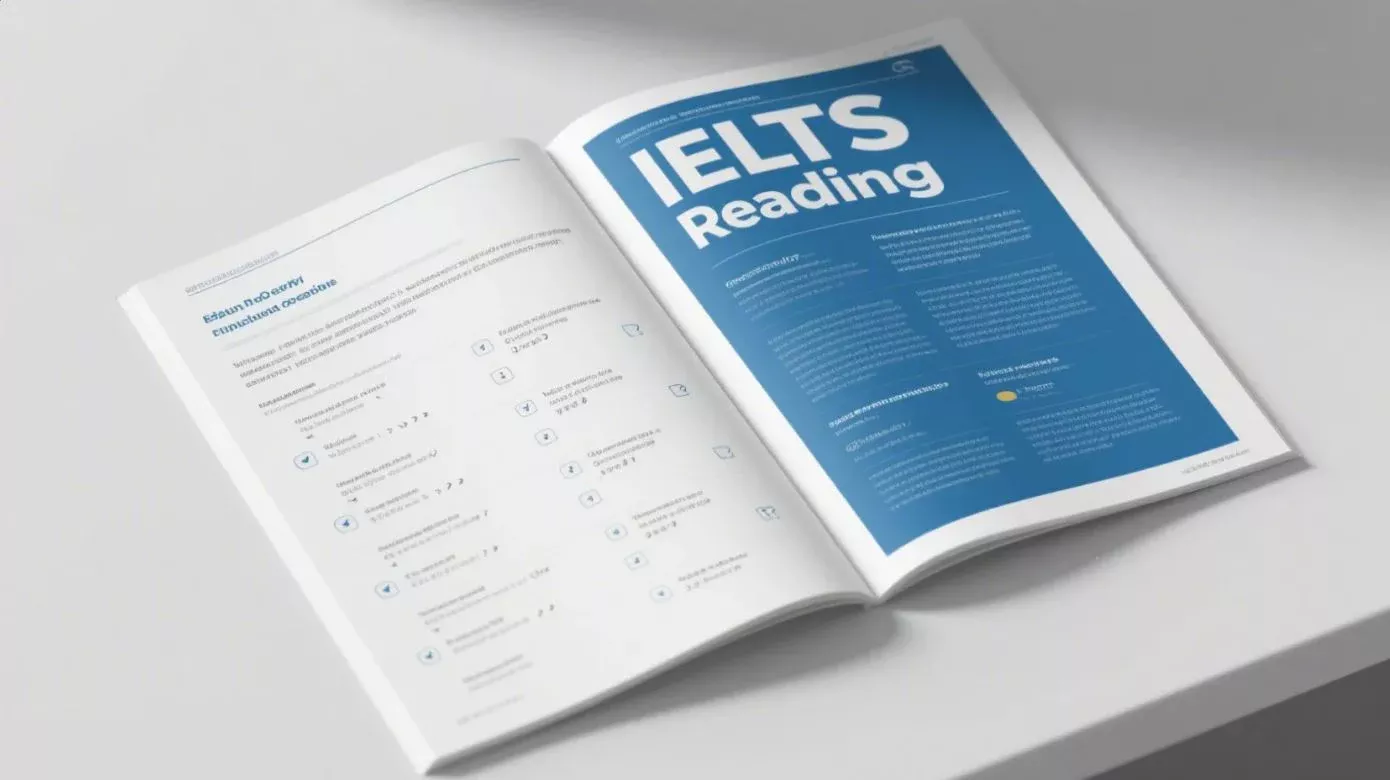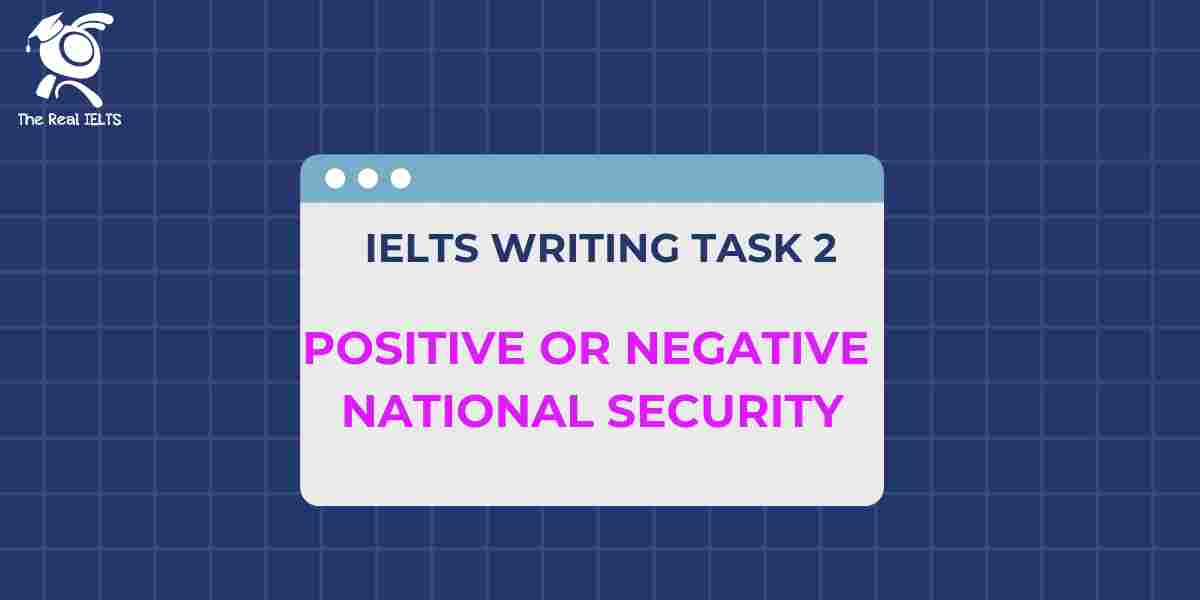Đề bài IELTS Writing Task 2 dạng Positive or Negative entrepreneurship
You should spend about 40 minutes on this task
The rise of social entrepreneurship. Do you think this is a positive or negative development?
Write at least 250 words.
Giải mẫu đề luyện thi IELTS Writing
The emergence of social entrepreneurship has become a significant trend in recent years, with many businesses now focusing on generating social and environmental impact alongside financial returns. This shift in entrepreneurial focus can be seen as both a positive and negative development, depending on various perspectives. In this essay, I will argue that while social entrepreneurship brings many benefits, there are also potential drawbacks that need to be considered.
On the positive side, social entrepreneurship has the potential to address pressing social issues that traditional businesses and governments often overlook. For example, social enterprises can create jobs in underserved communities, provide access to essential services, and promote sustainable practices. By prioritizing social impact over profit, these businesses can drive meaningful change and contribute to a more equitable and sustainable world. This approach also appeals to consumers and investors who are increasingly concerned with the ethical implications of their purchases and investments, thereby fostering a more socially responsible marketplace.
However, there are also challenges associated with the rise of social entrepreneurship. One potential drawback is that the focus on social impact may sometimes come at the expense of financial sustainability. Social enterprises often operate with lower profit margins, which can make it difficult for them to survive in competitive markets. Additionally, the pursuit of social goals can lead to conflicts of interest, where the need to generate revenue may clash with the enterprise’s mission. For instance, a social enterprise might compromise its values to attract investors or to scale its operations, thereby diluting its social impact.
Moreover, there is a risk that the label of “social entrepreneurship” could be co-opted by businesses that use it as a marketing tool without genuinely committing to social or environmental goals. This phenomenon, known as “social washing,” can undermine the credibility of the sector and make it harder for truly impactful social enterprises to gain recognition and support.
In conclusion, while the rise of social entrepreneurship is largely a positive development due to its potential to address societal challenges, it is not without its drawbacks. The success of this movement will depend on the ability of social entrepreneurs to balance social impact with financial viability and to maintain the integrity of their missions. Therefore, while I am generally in favor of social entrepreneurship, it is crucial to approach it with caution and ensure that its growth is accompanied by transparency and accountability.
Thống kê cấu trúc câu và cấu trúc ngữ pháp
Cấu trúc câu và cấu trúc ngữ pháp:
- Câu mở đầu giới thiệu chủ đề:
- The emergence of social entrepreneurship has become a significant trend in recent years, with many businesses now focusing on generating social and environmental impact alongside financial returns.
- Cấu trúc: Câu phức với mệnh đề chính và mệnh đề phụ (with many businesses now focusing…).
- Câu thể hiện quan điểm:
- In this essay, I will argue that while social entrepreneurship brings many benefits, there are also potential drawbacks that need to be considered.
- Cấu trúc: Câu phức với mệnh đề “while” để so sánh hai mặt lợi và hại.
- Câu phân tích lợi ích:
- On the positive side, social entrepreneurship has the potential to address pressing social issues that traditional businesses and governments often overlook.
- Cấu trúc: Câu đơn và câu phức với mệnh đề “that” để bổ sung ý nghĩa.
- Câu phân tích tác động:
- For example, social enterprises can create jobs in underserved communities, provide access to essential services, and promote sustainable practices.
- Cấu trúc: Câu đơn với nhiều động từ liệt kê.
- Câu thảo luận rủi ro:
- However, there are also challenges associated with the rise of social entrepreneurship.
- Cấu trúc: Câu đơn.
- Câu thảo luận về sự đánh đổi:
- One potential drawback is that the focus on social impact may sometimes come at the expense of financial sustainability.
- Cấu trúc: Câu phức với mệnh đề “that” để chỉ lý do hoặc kết quả.
- Câu nêu ra tình huống cụ thể:
- For instance, a social enterprise might compromise its values to attract investors or to scale its operations, thereby diluting its social impact.
- Cấu trúc: Câu phức với mệnh đề “thereby” để chỉ kết quả.
- Câu phân tích nguy cơ:
- Moreover, there is a risk that the label of “social entrepreneurship” could be co-opted by businesses that use it as a marketing tool without genuinely committing to social or environmental goals.
- Cấu trúc: Câu phức với mệnh đề “that” để giải thích thêm về rủi ro.
- Câu kết luận:
- In conclusion, while the rise of social entrepreneurship is largely a positive development due to its potential to address societal challenges, it is not without its drawbacks.
- Cấu trúc: Câu phức với mệnh đề “while” để cân nhắc hai mặt của vấn đề.
Từ kết nối các câu và đoạn văn:
- Câu đầu đoạn:
- In this essay (Trong bài viết này)
- On the positive side (Về mặt tích cực)
- However (Tuy nhiên)
- For instance (Ví dụ)
- Moreover (Hơn nữa)
- In conclusion (Kết luận)
- Kết nối giữa các mệnh đề trong câu:
- While (Trong khi)
- That (Rằng)
- Which (Cái mà)
- Thereby (Qua đó)
- Due to (Do)
- With (Với)
Các từ vựng tiếng Anh cần lưu ý trong bài viết
- Social entrepreneurship – Khởi nghiệp xã hội
- Social enterprise – Doanh nghiệp xã hội
- Social impact – Tác động xã hội
- Socially responsible – Có trách nhiệm xã hội
- Financial sustainability – Tính bền vững tài chính
- Conflict of interest – Xung đột lợi ích
- Mission – Sứ mệnh
- Social washing – Đánh bóng xã hội
- Credibility – Sự tín nhiệm
- Viability – Khả năng tồn tại
- Transparency – Sự minh bạch
- Accountability – Trách nhiệm giải trình
Đọc thêm bài viết: Cách làm bài thi IELTS Writing Task 2.















